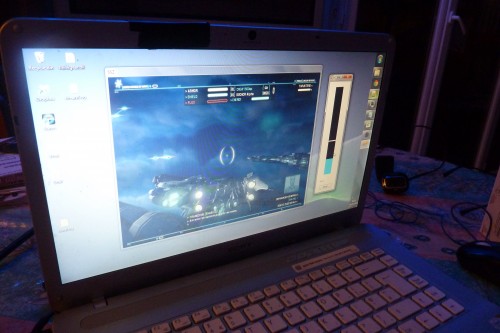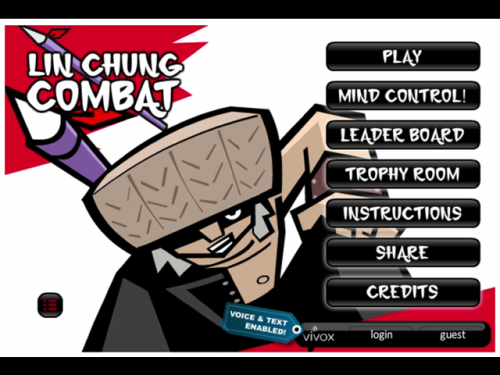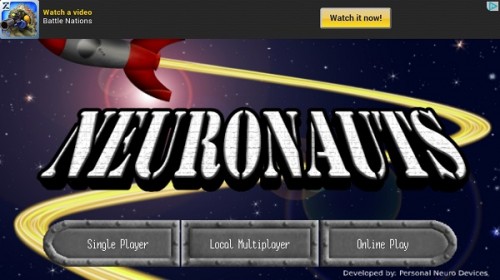I’ve been trying out MyndPlay, a video-based neurofeedback training platform which embeds neurofeedback exercises into interactive movies. Think Dragon’s Lair but your using your mind instead of a joystick. Of all the NeuroSky apps I’ve tried its my favorite so far, owing a lot to it feeling like an actual product rather than a tech demo. The user interface is slick and provides all the necessary information one would expect from such a product e.g. a live EEG signal.
Continue reading “Understanding MyndPlay's Zone measure”
Rhythmanalysis – Short Essay
Last year I consulted on a Creative Exchange funded art project called Rhythmanalysis. The project was interested in the artistic expression of the biological rhythms of people from different work cultures based in Liverpool. In this case employee’s from Minsky’s hairdresser’s and Sony’s game testing lab. The project was exhibited at FACT Liverpool and has recently published a report about the venture. The report includes a short essay I wrote based on my involvement with the project which I’ve reprinted below.
Continue reading “Rhythmanalysis – Short Essay”
Strike Suit Neuro – Video
Video of a neurofeedback game mechanic I’ve been working on for Strike Suit Zero.
Need to spend some time developing a calibration procedure for the measure I use but otherwise a serviceable mechanic. And perhaps spend some time practicing with the keyboard flight controls, I’m a terrible pilot!
Strike Suit Neuro

Prototyping an idea I had earlier today on brainwave triggered special abilities (see Lin Chung Combat post for background). Fine tuning the mechanic is bloody difficult when your sleep deprived.
Playing Lin Chung Combat

Lin Chung Combat is a Flash based BCI game developed by Moonscoop*. Lin Chung Combat is a rhythm game, similar in style to Dance Dance Revolution, which incorporates a neurofeedback game mechanic. Players are tasked with pressing certain arrow keys when they scroll over the horizontal black bar at the top of the game interface. Points are awarded when the player presses keys at the correct time and energy is lost when they don’t. The neurofeedback element takes the form of a special ability called Mighty Ray. Mighty Ray is a game character who hides in the scenery; when triggered he turns the player invincible for a short duration while adding a score multiplier to correct key presses.
Continue reading “Playing Lin Chung Combat”
Manipulating NeuroSky attention and meditation metrics
After leaving Liverpool and moving to Antibes I’ve been keeping myself occupied, while I search for what to do next, by catching up on the latest biofeedback applications and trying them out. This week I’ve been going through the app’s on the NeuroSky store.
Continue reading “Manipulating NeuroSky attention and meditation metrics”
Playing Neuronauts

I recently played Neuronauts, a mobile BCI game on Android developed by Personal Neuro. Neuronauts is a spaceship based racing mini-game which uses a combination of motion and BCI input for controls, the later of which is provided by a NeuroSky headset.
Continue reading “Playing Neuronauts”
The Theater 2013 – Play through with a heartbeat rate monitor
The Theater 2013 is an interactive horror experience based on a horror short story. If you’ve not played the game yet I recommend you download it and try it out. The game doesn’t require installation and only takes 5 minutes to play; then join me after the jump and check out my play through with a heart monitor.
Spoilers ahead!
Continue reading “The Theater 2013 – Play through with a heartbeat rate monitor”
More fun with physiological data at the funfair
Before I went to Southport’s Pleasureland I went to Blackpool Pleasure Beach (see earlier post). Unfortunately the sensor I was using was dislodged and the feature I was interested in, namely heart rate, was lost. While Blackpool ended up becoming a trial run for the next deployment I did manage to capture some fun breathing and g-force data.
Continue reading “More fun with physiological data at the funfair”
Book Announcement – Advances in Physiological Computing
Over at PhysiologicalComputing.net me and Steve announced our upcoming book Advances in Physiological Computing: an edited collection of the latest research in the field. The book will be released in April by Springer. You can check out the book webpage at Springer here and our book webpage here.